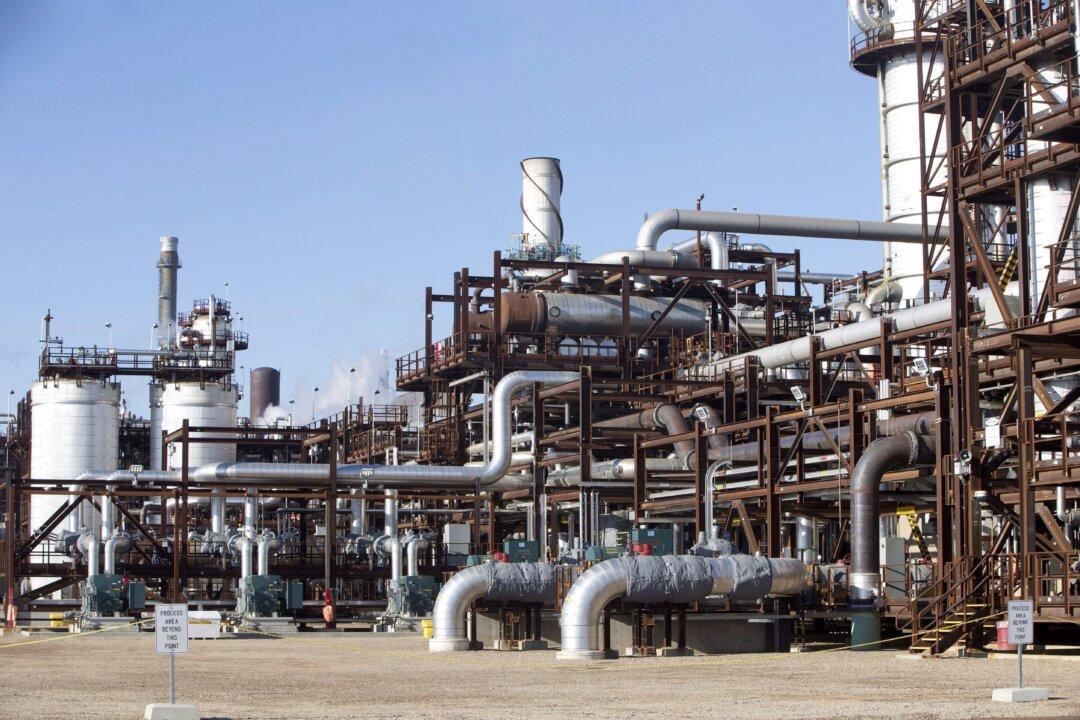A new report by the Parliamentary Budget Officer (PBO) says the federal government’s tax credit encouraging companies to invest in carbon capture technology will likely cost more than Ottawa estimated.
The PBO’s Feb. 1 report estimates the cost of the investment tax credit for carbon capture, utilization, and storage (CCUS) at $5.7 billion for the six years from 2022–’23 to 2027–’28.





